Home>Gardening & Outdoor>Landscaping Ideas>What Kills Ants But Not Grass
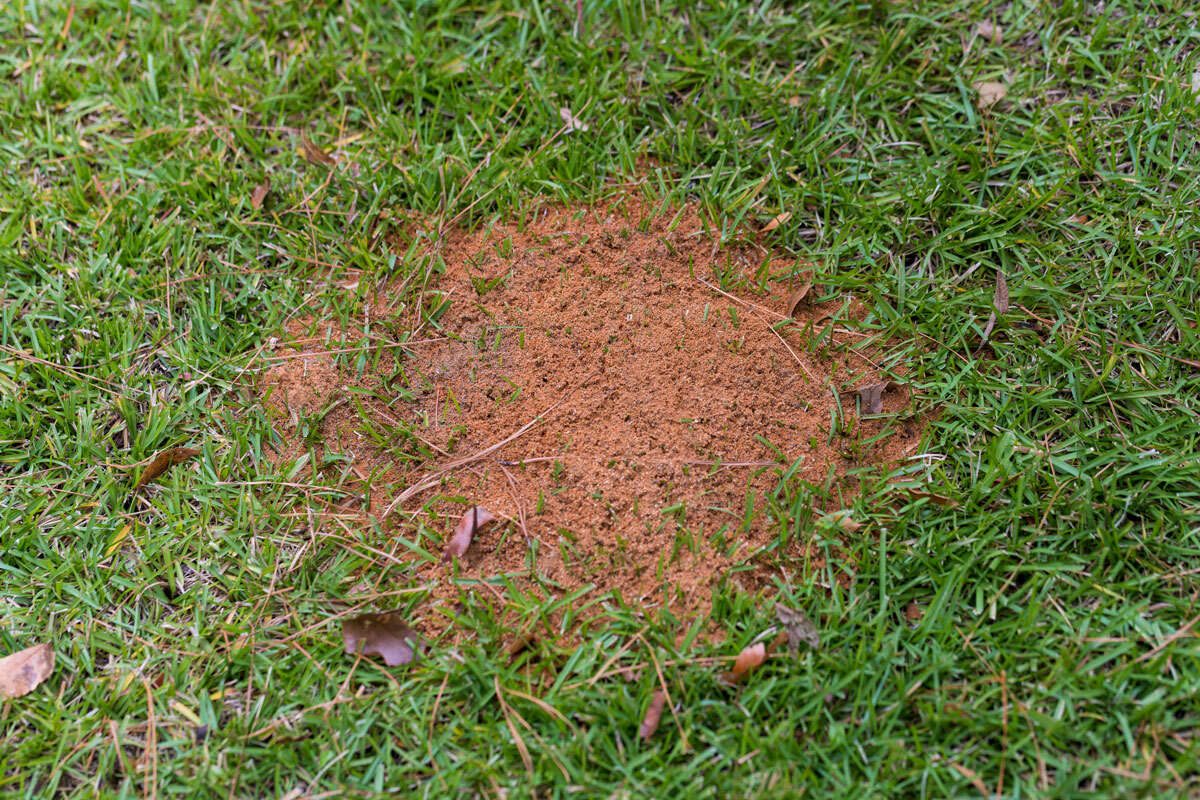

Landscaping Ideas
What Kills Ants But Not Grass
Published: January 27, 2024
Discover effective landscaping ideas to eliminate ants without harming your grass. Find out what kills ants but not grass for a beautiful lawn.
(Many of the links in this article redirect to a specific reviewed product. Your purchase of these products through affiliate links helps to generate commission for Storables.com, at no extra cost. Learn more)
Introduction
When it comes to maintaining a lush, green lawn, dealing with pesky ant infestations can be a real challenge. While it's important to eliminate these unwanted guests, many homeowners are understandably concerned about using products that could harm their carefully nurtured grass. The good news is that there are effective methods for eradicating ants without causing harm to your lawn. In this article, we'll explore various natural and chemical solutions that can help you achieve a harmonious balance between ant control and lawn care.
Ants are fascinating creatures that play a crucial role in the ecosystem, but their presence in your yard can be disruptive and even damaging. They often build their nests in lawns, creating unsightly mounds and tunnels that can detract from the beauty of your outdoor space. Additionally, certain ant species, such as fire ants, can pose a threat to humans and pets with their painful stings. Therefore, finding a way to manage ant populations without compromising the health and appearance of your grass is a top priority for many homeowners.
In this article, we'll delve into the world of ants and grass, exploring the reasons behind ant infestations and the potential impact of various control methods on your lawn. Whether you prefer natural remedies or are open to using chemical options, it's essential to understand the implications of each approach and make an informed decision that aligns with your landscaping goals.
By the end of this article, you'll have a comprehensive understanding of how to effectively combat ant invasions while safeguarding the well-being of your grass. Let's embark on this journey to discover the best ways to keep ants at bay without harming your beautiful lawn.
Key Takeaways:
- Natural remedies like diatomaceous earth and essential oils offer eco-friendly ways to kill ants without harming grass, preserving the lawn’s health and aesthetics.
- Chemical options such as ant baits and liquid insecticides provide targeted solutions for ant control, minimizing harm to the grass when used responsibly.
Read more: What Kills Ants In Grass
Understanding Ants and Grass
Ants are highly organized insects that form complex colonies, often establishing their nests in lawns due to the favorable soil conditions and abundant food sources. These industrious creatures play a vital role in the ecosystem, contributing to soil aeration and nutrient cycling. However, when their populations grow unchecked, they can become a nuisance, particularly in well-maintained grassy areas.
In the context of lawn care, it's important to recognize that different ant species exhibit varying behaviors and nesting habits. For instance, some ants construct shallow nests near the soil surface, while others prefer to burrow deep into the ground. Understanding these nuances can provide valuable insights into the most effective strategies for managing ant infestations without causing harm to the grass.
Grass, on the other hand, represents a significant investment of time and effort for homeowners who take pride in their outdoor spaces. It serves as more than just a decorative element, offering functional benefits such as erosion control, temperature regulation, and oxygen production. As such, preserving the health and aesthetics of the grass is a priority when addressing ant problems.
When ants invade lawns, they can disrupt the soil structure, potentially leading to uneven ground surfaces and reduced water infiltration. Additionally, certain ant species may protect and nurture aphids, which can damage grass by feeding on plant sap. Understanding the interplay between ants and grass is crucial for implementing targeted control measures that address the specific challenges posed by ant infestations without compromising the well-being of the grass.
By gaining a deeper understanding of the intricate relationship between ants and grass, homeowners can make informed decisions about the most suitable ant control methods. Whether opting for natural remedies or considering chemical solutions, a comprehensive grasp of these dynamics is essential for achieving effective ant management while safeguarding the health and vitality of the lawn.
Natural Remedies to Kill Ants Without Harming Grass
When it comes to combating ant infestations in your lawn without causing harm to the grass, natural remedies offer a compelling and eco-friendly approach. These methods harness the power of natural ingredients and biological processes to effectively deter and eliminate ants while preserving the health and beauty of your grassy landscape.
1. Diatomaceous Earth
Diatomaceous earth, a fine powder derived from fossilized algae, is a popular natural remedy for controlling ants. When sprinkled around ant mounds and along ant trails, it acts as a desiccant, effectively dehydrating the ants and disrupting their exoskeletons. This natural substance is non-toxic to humans and pets, making it a safe option for ant control in grassy areas.
2. Boiling Water
A simple yet potent method for eradicating ant colonies in the lawn involves pouring boiling water directly into the ant mounds. This scalding liquid effectively destroys the ants and their underground nests, providing a natural and cost-effective solution for ant control without posing any harm to the grass.
3. Essential Oils
Certain essential oils, such as peppermint, tea tree, and citrus oils, possess strong repellent properties that can deter ants from invading your lawn. By diluting these oils with water and spraying the solution around ant-prone areas, you can create an inhospitable environment for ants while keeping your grass unharmed.
4. Vinegar Solution
A mixture of vinegar and water serves as a natural ant deterrent that can be applied to ant trails and entry points in the lawn. The strong scent of vinegar disrupts the ants' pheromone trails, deterring them from venturing further into the grass. This approach offers a safe and environmentally friendly way to manage ant populations without compromising the well-being of the grass.
5. Biological Controls
Introducing natural predators of ants, such as nematodes or certain species of birds, can help maintain ant populations at manageable levels without resorting to chemical interventions. These biological controls work in harmony with the ecosystem, targeting ants while allowing the grass to thrive without the risk of chemical exposure.
By leveraging these natural remedies, homeowners can effectively address ant infestations in their lawns while safeguarding the health and vitality of the grass. These eco-friendly solutions provide a holistic approach to ant control, offering peace of mind and sustainable management of ant populations in outdoor spaces.
Chemical Options for Ant Control without Harming Grass
When natural remedies may not provide the desired level of ant control, or when homeowners prefer a more targeted and immediate solution, certain chemical options can effectively combat ant infestations without causing harm to the grass. It's important to note that while these products contain active ingredients designed to eliminate ants, when used responsibly and in accordance with the manufacturer's instructions, they can minimize the impact on the surrounding grass and the broader environment.
Read more: How To Kill Outdoor Ants
1. Ant Baits
Ant baits are a popular chemical option for targeting ant colonies while minimizing the impact on the surrounding grass. These baits contain a slow-acting insecticide that is attractive to ants, encouraging them to carry the bait back to their nests. Once distributed within the colony, the insecticide disrupts the ants' physiological functions, ultimately leading to the eradication of the colony. By strategically placing ant baits near ant trails and mounds, homeowners can effectively control ant populations without directly exposing the grass to harmful chemicals.
2. Liquid Insecticides
Liquid insecticides formulated specifically for ant control can be applied to targeted areas of the lawn with minimal impact on the surrounding grass. These products often contain synthetic pyrethroids or other active ingredients that effectively eliminate ants upon contact. When used in accordance with the product label instructions, liquid insecticides can provide a targeted and efficient means of eradicating ant infestations while minimizing the risk of harm to the grass.
3. Granular Insecticides
Granular insecticides designed for ant control offer a convenient and precise method of application, allowing homeowners to target specific areas of the lawn without compromising the overall health of the grass. These products typically contain slow-release formulations of insecticidal compounds, providing long-lasting ant control while minimizing the potential for unintended exposure to the grass. By evenly distributing granular insecticides in ant-prone areas, homeowners can effectively manage ant populations without causing harm to the surrounding grass.
4. Professional Pest Control Services
In cases where severe ant infestations pose a significant challenge, enlisting the services of professional pest control experts can provide an effective and tailored approach to ant management without harming the grass. These professionals have access to a range of specialized products and application techniques that can target ant colonies while minimizing the impact on the lawn. By leveraging their expertise, homeowners can address persistent ant problems with precision and confidence, ensuring the well-being of their grass throughout the control process.
When considering chemical options for ant control, it's essential for homeowners to prioritize safety, environmental responsibility, and the preservation of their grass. By selecting products that are specifically formulated for ant control and following recommended application practices, homeowners can effectively manage ant infestations while safeguarding the health and aesthetics of their lawns. Additionally, consulting with local pest control professionals can provide valuable insights and guidance on the most suitable chemical options for ant control in specific lawn environments.
Read more: What Kills Mushrooms In Grass
Conclusion
In conclusion, effectively managing ant infestations in your lawn without harming the grass is a multifaceted endeavor that requires a nuanced understanding of ant behavior, grass dynamics, and the available control methods. By exploring natural remedies and chemical options, homeowners can tailor their approach to ant control based on their preferences, the severity of the infestation, and the specific needs of their grassy landscapes.
Natural remedies, such as diatomaceous earth, boiling water, essential oils, vinegar solutions, and biological controls, offer eco-friendly and sustainable means of deterring and eliminating ants while preserving the health and aesthetics of the grass. These methods harness the power of natural ingredients and biological processes to create an inhospitable environment for ants without posing any harm to the surrounding ecosystem.
On the other hand, chemical options, including ant baits, liquid insecticides, granular insecticides, and professional pest control services, provide targeted and efficient solutions for addressing persistent ant infestations. When used responsibly and in accordance with recommended practices, these products can effectively combat ants while minimizing the impact on the surrounding grass and the broader environment.
Ultimately, the choice between natural remedies and chemical options hinges on various factors, including the homeowner's preferences, the extent of the ant infestation, and the specific characteristics of the lawn. By weighing the benefits and considerations of each approach, homeowners can make informed decisions that align with their landscaping goals and environmental values.
It's important to emphasize the significance of responsible and judicious use of any control method to ensure the well-being of the grass and the broader ecosystem. Whether opting for natural remedies or considering chemical options, homeowners should prioritize safety, environmental responsibility, and the long-term health of their lawns.
By integrating a comprehensive understanding of ant behavior, grass dynamics, and the available control methods, homeowners can effectively combat ant infestations while nurturing and safeguarding their cherished grassy landscapes. With the right approach and a commitment to sustainable lawn care, it's possible to achieve a harmonious balance between ant control and the flourishing beauty of the grass.
Frequently Asked Questions about What Kills Ants But Not Grass
Was this page helpful?
At Storables.com, we guarantee accurate and reliable information. Our content, validated by Expert Board Contributors, is crafted following stringent Editorial Policies. We're committed to providing you with well-researched, expert-backed insights for all your informational needs.
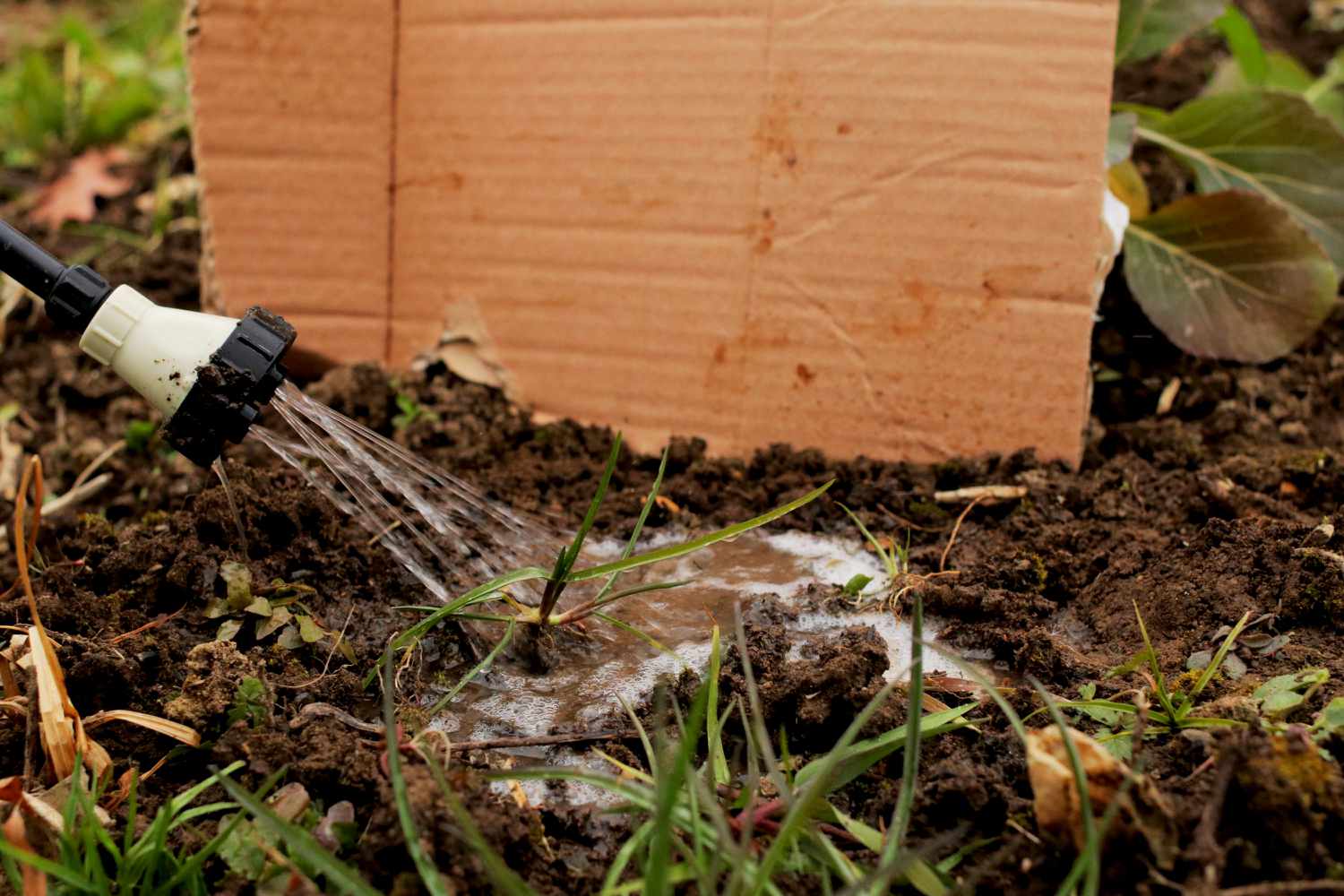
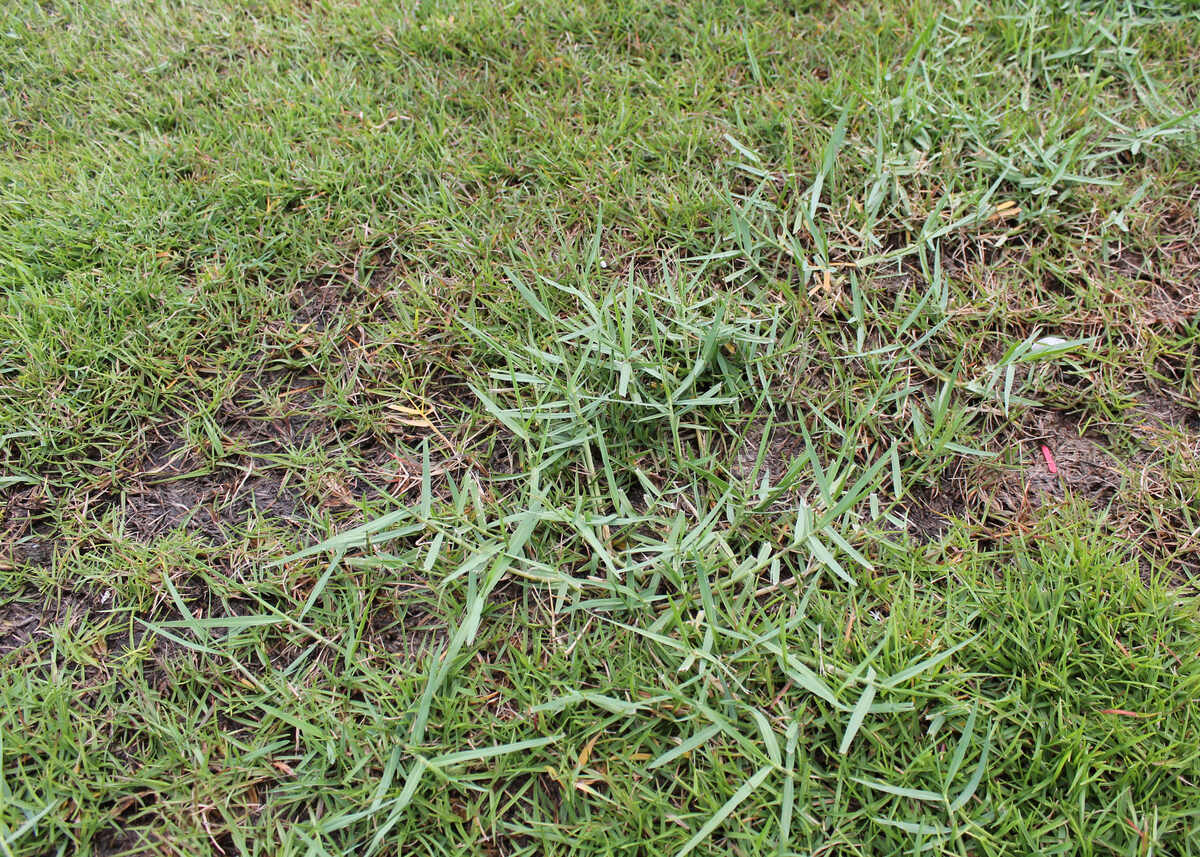
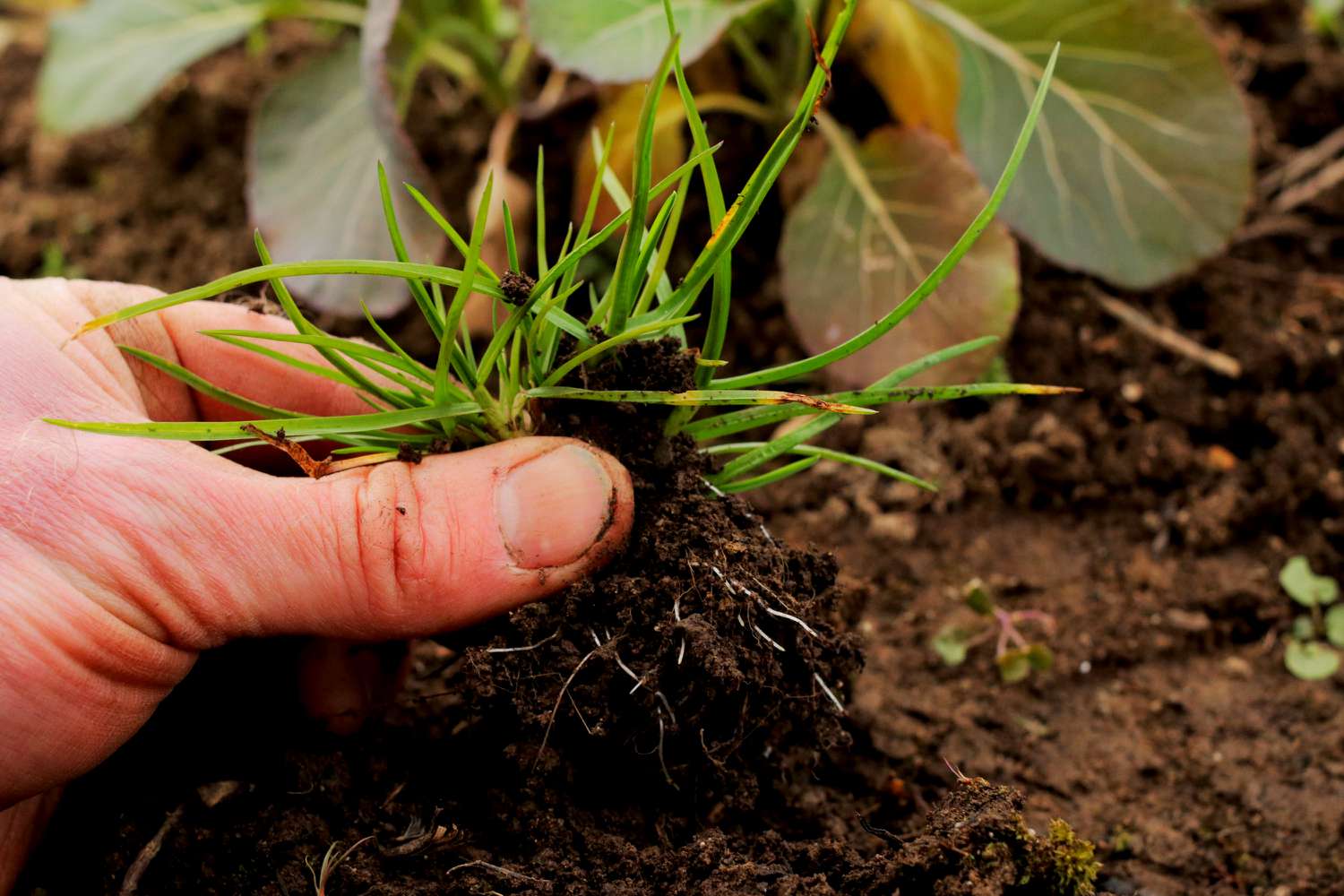
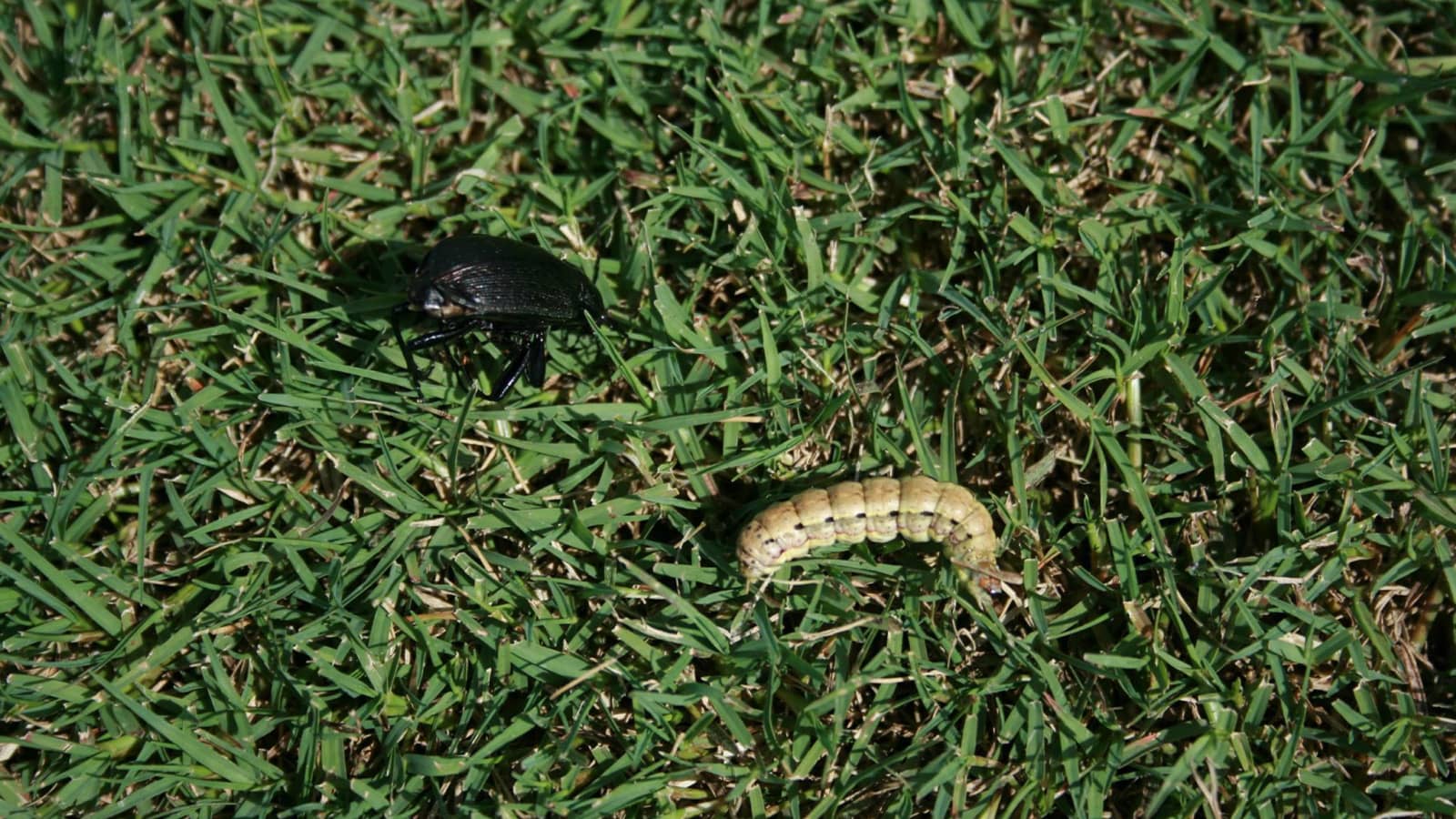
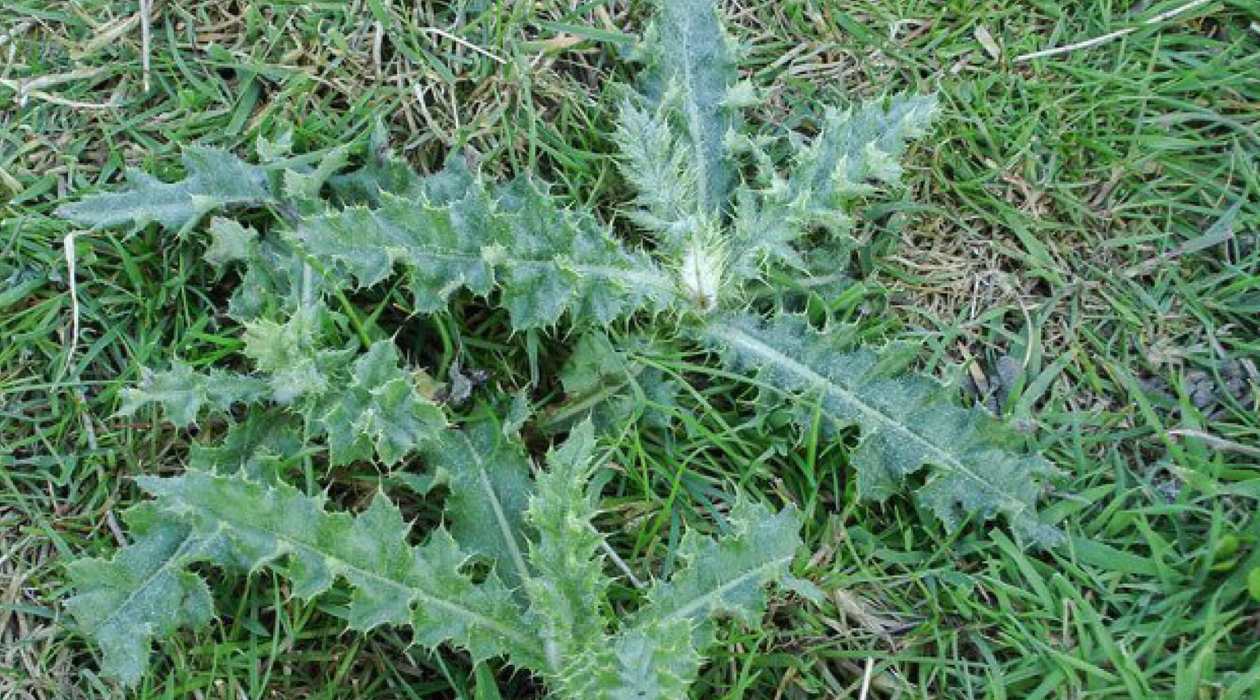
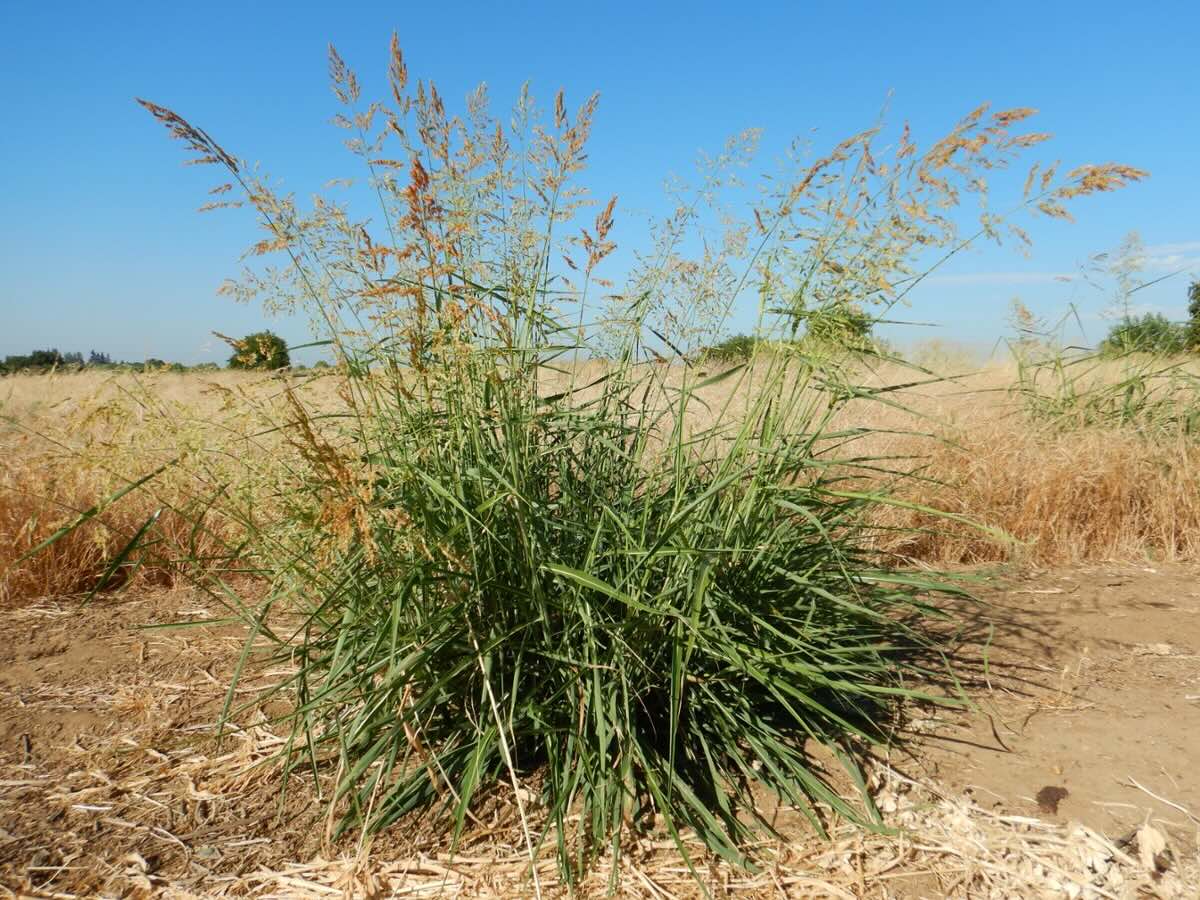
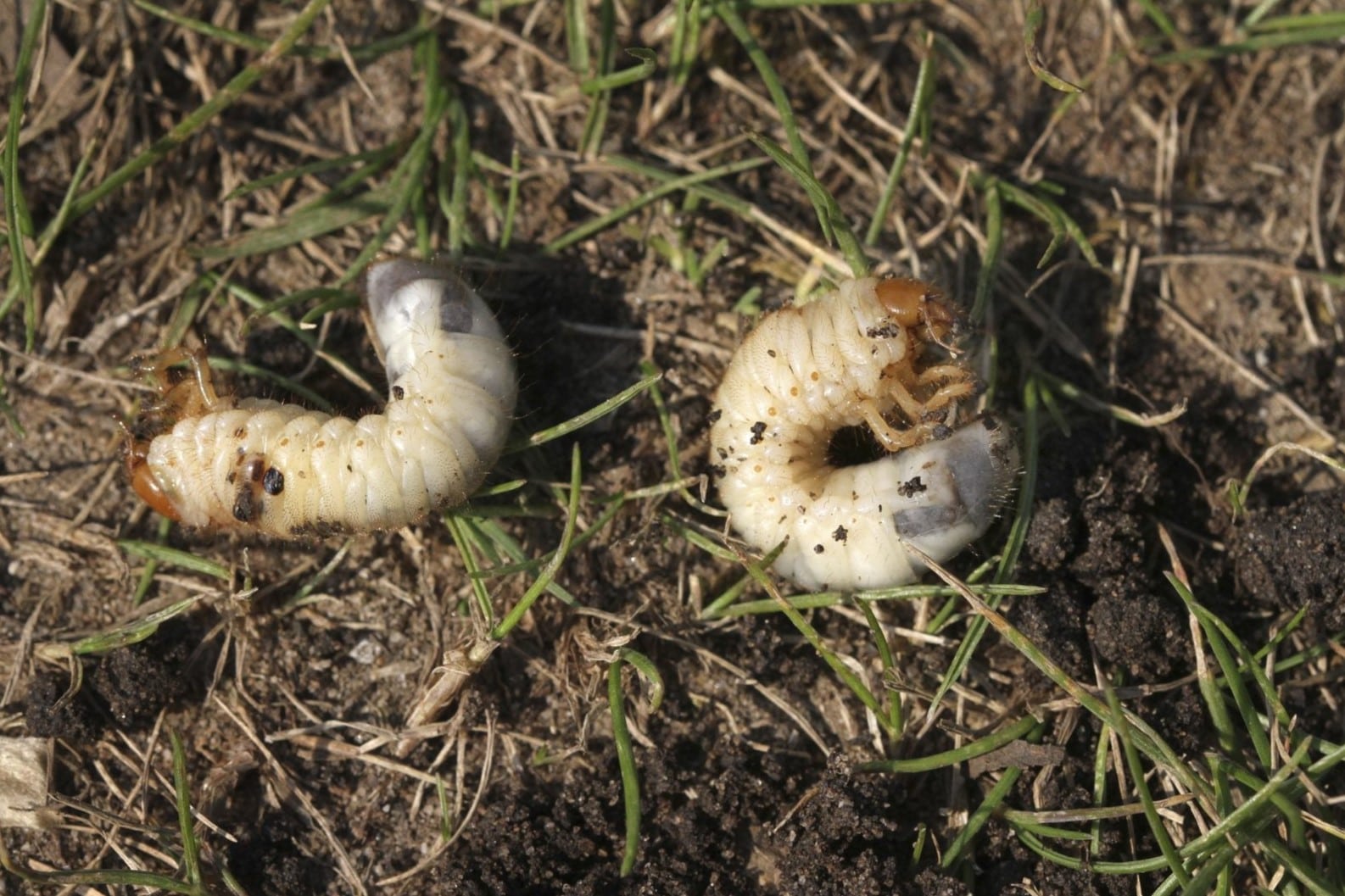
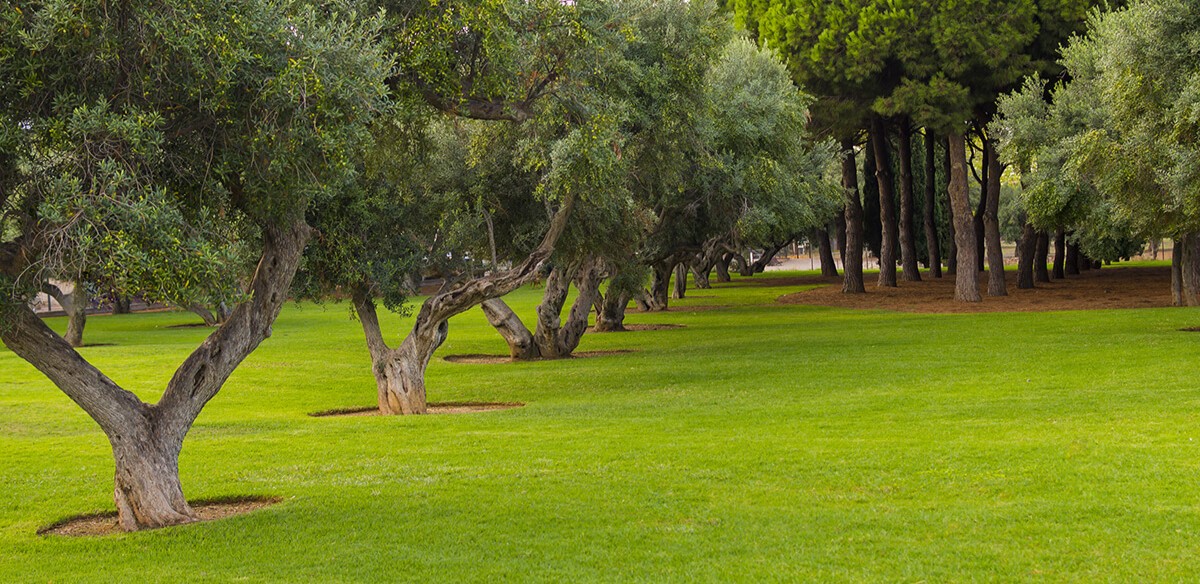
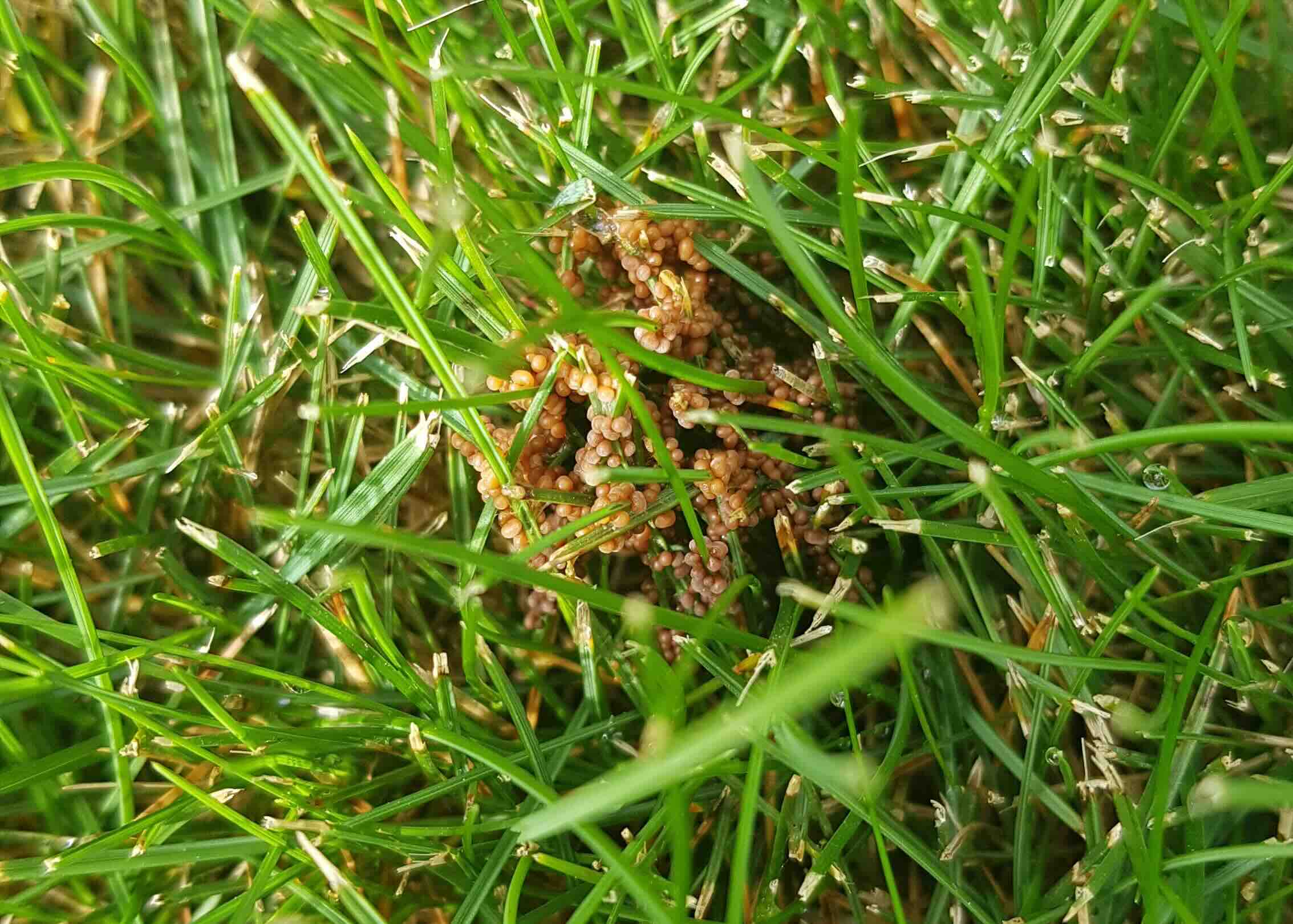

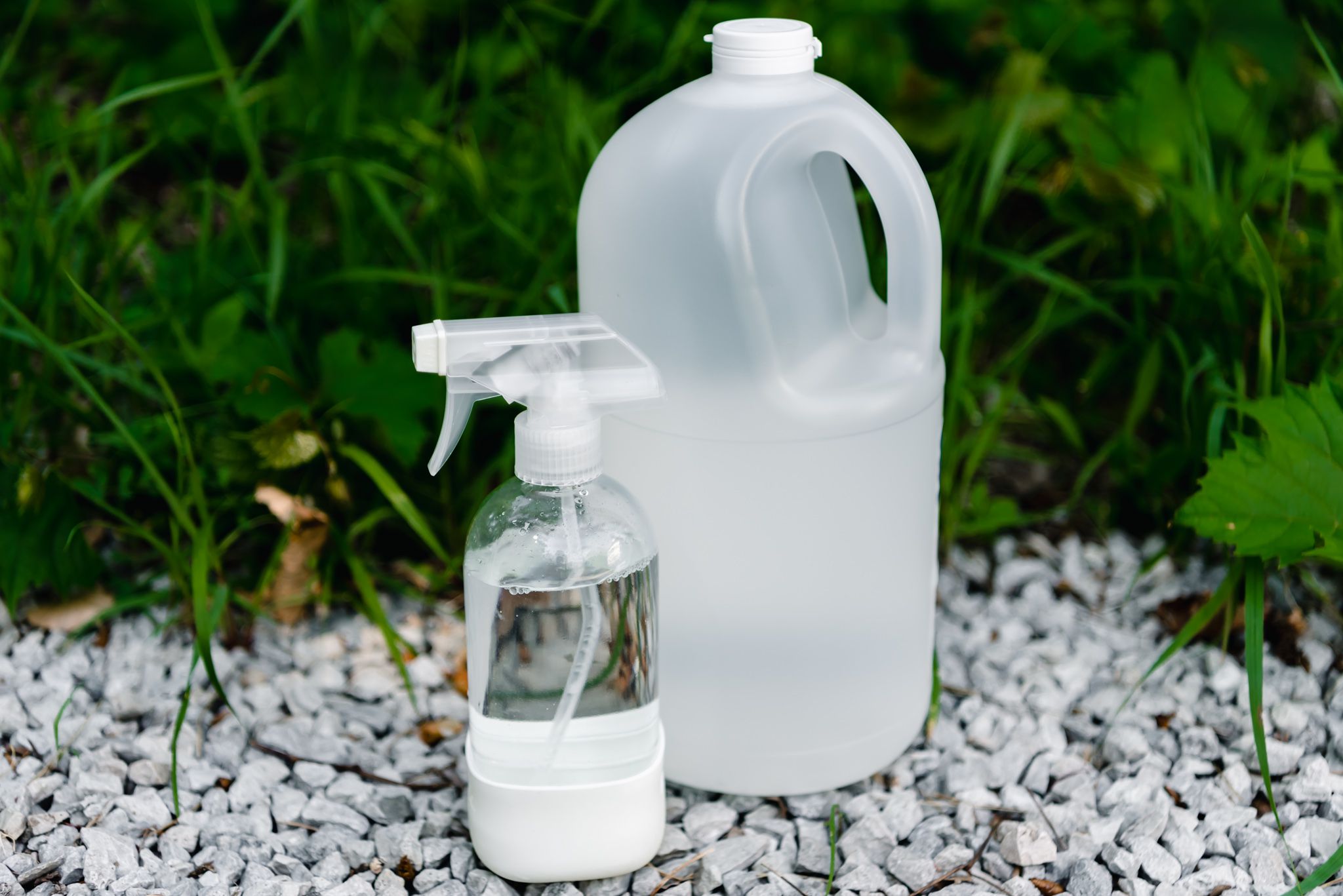
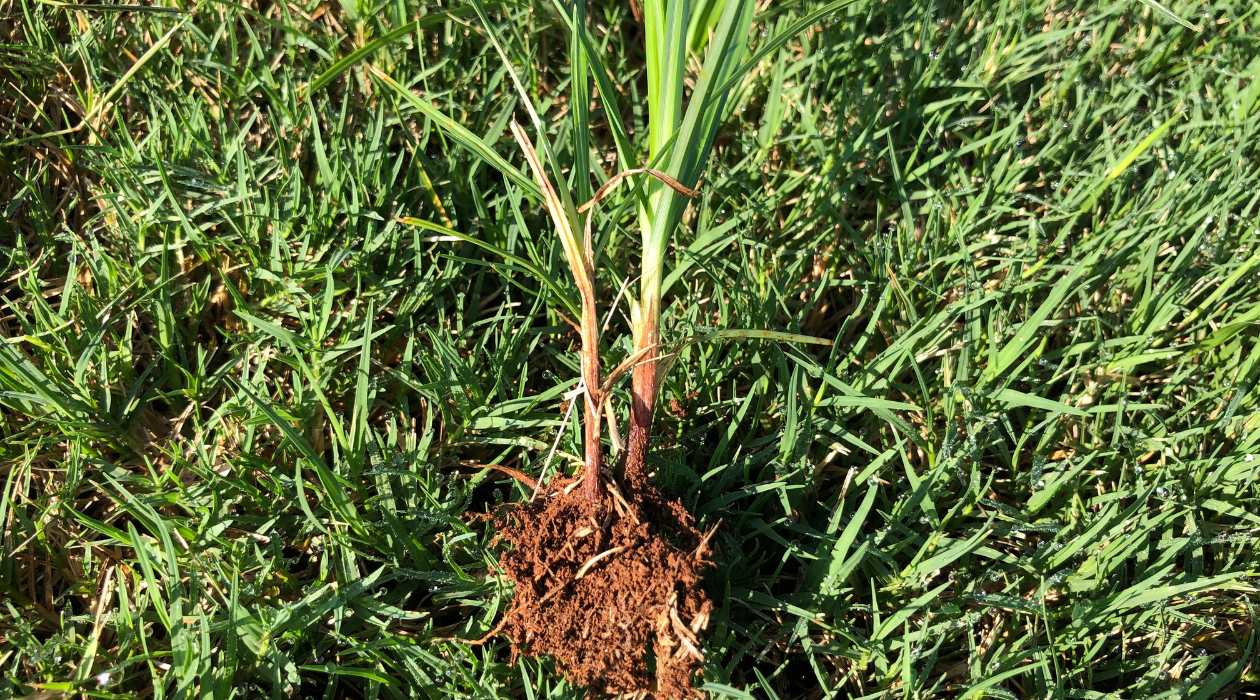

0 thoughts on “What Kills Ants But Not Grass”